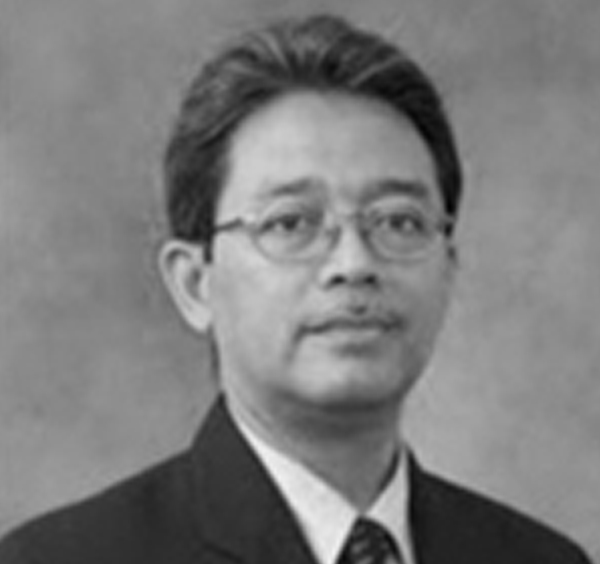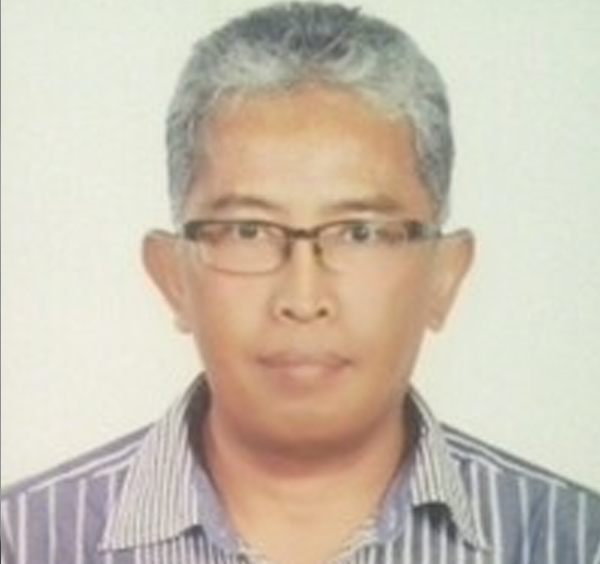
Malaysia
Prof. Jamal Hisham Hashim
(Visiting Professor) Universiti Selangor (UNISEL)
jamalhas@hotmail.com
Integrating Health into Urban Planning towards Sustainable
Development Goals in Developing Countries
3rd - 5th April 2019, Kuala Lumpur, Malaysia
Read MoreIntegrating Health into Urban Planning towards Sustainable
Development Goals in Developing Countries
3rd - 5th April 2019, Kuala Lumpur, Malaysia
Read More"Integrating Health into Urban Planning towards Sustainable
Development Goals in Developing Countries"
Date: 3rd – 5th April 2019
Venue: Universiti Selangor, Shah Alam Campus,
Jalan Zirkon A 7/A, Seksyen 7, 40000 Shah Alam, Selangor Darul Ehsan, Malaysia.
We are looking for highly motivated early-career scientists, professionals and practitioners from the academic, government, and non-governmental organizations. Interested applicants should be:
Note: Participants will be asked to present and share policy implementations and issues relevant to the workshop topics in their respective countries during the workshop. Preparation of some basic data may be necessary in order to apply the tools hands on based on their respective countries. It is preferable that participants could bring their own laptop computer to the workshop.
The project is funded by the Asian Pacific Network for Global Change Research under the Capacity Development Program (CAPaBLE). We will provide support for the cost of a round trip economy airfare to Kuala Lumpur, Malaysia, and accommodation for the period of the workshop for all selected participants. Participants will need to book their own flight tickets, and will be reimbursed after full participation in the workshop. Participants are responsible for their own visa application, if required.
Should you have any questions concerning the application process, please contact us at hiup.workshop2019@gmail.com .
This is a capacity building project that aims to raise the awareness and knowledge of researchers, policy makers and civil society on the integration of public health into urban planning towards Sustainable Development Goals (SDGs). This project intends to foster collaboration between the developed and developing countries in the Asia Pacific region, and addresses the cross-cutting targets of the SDGs.
Urban planning and transportation have been identified as major components of the intervention to non-communicable diseases in the era of rapid urbanization. Urban design such as density, transport infrastructures, and open spaces strongly influences human behaviors and activities, which subsequently bring cascading effects on the local environment, population health and well-being through air quality, traffic exposure, heat, noise, and opportunity for physical activity and social interaction. At the global level, the Intergovernmental Panel on Climate Change is prioritizing the urban built environment in mitigating carbon emissions.

(Visiting Professor) Universiti Selangor (UNISEL)
jamalhas@hotmail.com

University of Melbourne
mark.stevenson@unimelb.edu.au

University of Indonesia
bharyanto@ui.ac.id

University of Otago
alex.macmillan@otago.ac.nz
Institution: Centre for Southeast Asian Studies, Kyoto University
Contact: hiup.workshop2019@gmail.com
Read More